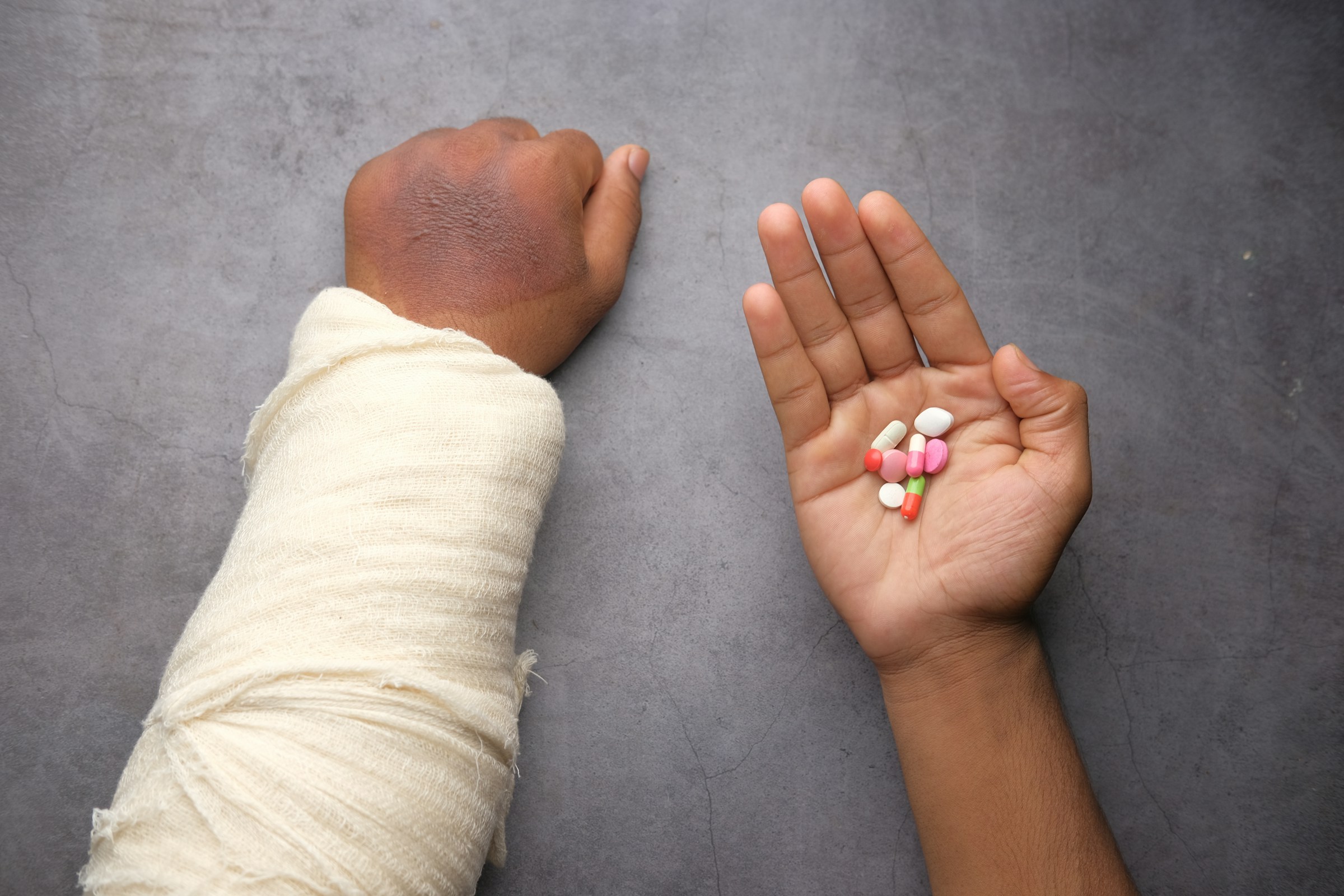A personal injury can be a life-altering event, affecting not only your physical health but also your emotional and financial stability. Whether caused by a car accident, slip and fall, or workplace incident, knowing what to do in the aftermath is crucial. Acting quickly and wisely ensures your rights are protected and you receive the compensation you deserve.
Here are five essential steps to take after experiencing a personal injury.
Also to read : What are the top trends in UK e-commerce for 2024?
1- Prioritize Immediate Medical Attention
Your health should be the first and foremost priority after an injury. Even if the injury appears minor at first, seek medical attention as soon as possible. Internal injuries or concussions may not show immediate symptoms but can worsen over time.
A thorough medical examination not only supports your recovery but also creates an official record of your injuries. This medical documentation can play a vital role if you decide to pursue a legal claim later. Never delay a hospital visit or ignore symptoms, as doing so could harm your health and weaken your case.
In parallel : What Innovative Strategies Are Major UK Corporations Using Today?
2- Report the Incident to the Relevant Authorities
Once your immediate health concerns are addressed, report the injury to the appropriate parties. For example, in case of a car accident, inform the police and obtain a copy of the accident report. If the injury occurs at work, notify your employer or supervisor and ensure it is officially documented.
If it happens on someone else’s property, let the property owner or manager know. Proper documentation of the incident helps establish accountability and strengthens any potential legal claims.
3- Gather and Preserve Evidence
Collecting evidence is a critical step that many people overlook. Take clear photographs of the accident scene, your injuries, and any contributing hazards. If there are witnesses, get their contact details and, if possible, their written statements.
Preserve any physical evidence, such as damaged clothing or broken objects. This information can significantly support your version of events and help establish liability. The more evidence you collect early on, the stronger your case will be if legal action becomes necessary.
4- Consult a Personal Injury Lawyer
Hiring a qualified personal injury lawyer can make a world of difference in your recovery process. An experienced attorney can assess the strength of your case, deal with insurance companies, and guide you through legal procedures. They ensure you receive fair compensation for medical bills, lost wages, and emotional distress.
Most injury lawyers offer free consultations and work on a contingency basis, meaning you only pay if you win. Having a legal expert by your side reduces stress and increases your chances of a successful outcome.
5- Avoid Premature Settlements and Stay Informed
Insurance companies may try to settle quickly to minimize their payouts. Avoid accepting any offer before understanding the full extent of your injuries and consulting your lawyer. Once you accept a settlement, you typically waive your right to pursue further compensation.
Take the time to understand your rights and the long-term impact of your injuries. Staying informed and cautious during this phase protects your future well-being and ensures you are justly compensated.
Recovering from a personal injury is challenging, but taking the right steps early on can make the process smoother and more manageable.






